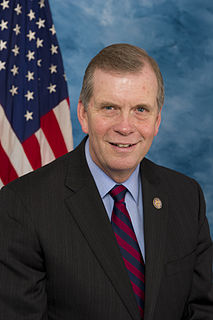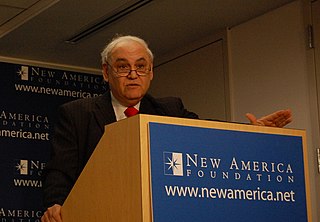A Quote by Sean Lemass
RTE was set up by legislation as an instrument of public policy, and, as such is responsible to the government. The government have overall responsibility for its conduct, and especially the obligation to ensure that its programmes do not offend against the public interest or conflict with national policy as defined in legislation. To this extent the government rejected the view that RTE should be, either generally or in regard to its current affairs programmes, completely independent of government supervision.
Quote Topics
Affairs
Against
Conduct
Conflict
Current
Current Affairs
Defined
Either
Ensure
Extent
Generally
Government
Independent
Instrument
Interest
Legislation
National
Obligation
Offend
Overall
Policy
Programmes
Public
Public Interest
Public Policy
Regard
Rejected
Responsibility
Responsible
Set
Should
Supervision
Up
View
Related Quotes
A much more radical conclusion . . . that, so far as I know, is shared by only a very few students of public choice [is]: that government employees or people who draw the bulk of their income from government by other means should be deprived of the vote . . . It is another example of the opening up of alternatives for investigation and the presentation of new conceivable policy options characteristic of public choice, rather than a policy that all its students favor.
We insist on producing a farm surplus, but think the government should find a profitable market for it. We overindulge in speculation, but ask the government to prevent panics. Now the only way to hold the government entirely responsible for conditions is to give up our liberty for a dictatorship. If we continue the more reasonable practice of managing our own affairs we must bear the burdens of our own mistakes. A free people cannot shift their responsibility for them to the government. Self-government means self-reliance.
The excuse of divided government is over: they have the House and the Senate as well; they have the state legislatures; they have a majority of the governors. And that's exciting. But for me, I think the lesson also is all the opportunities out there for women, increasingly in politics and media and public policy and government affairs - all the things we do here in Washington - that we still have to make choices, there are limits.
I believe it is in the national interest that government stand side-by-side with people of faith who work to change lives for the better. I understand in the past, some in government have said government cannot stand side-by-side with people of faith. Let me put it more bluntly, government can't spend money on religious programs simply because there's a rabbi on the board, cross on the wall, or a crescent on the door. I viewed this as not only bad social policy - because policy by-passed the great works of compassion and healing that take place - I viewed it as discrimination.
The government being the peoples business, it necessarily follows that its operations should be at all times open to the public view. Publicity is therefore as essential to honest administration as freedom of speech is to representative government. Equal rights to all and special privileges to none is the maxim which should control in all departments of government.
To be true to its constitutional role, the Supreme Court should refuse to be drawn into making public policy, and it should strike down legislation only when a clear constitutional violation exists. When judicial activists resort to various inventions and theories to impose their personal views on privacy and liberty, they jeopardize the legitimacy of the judiciary as an institution and undermine the role of the other branches of government.
































